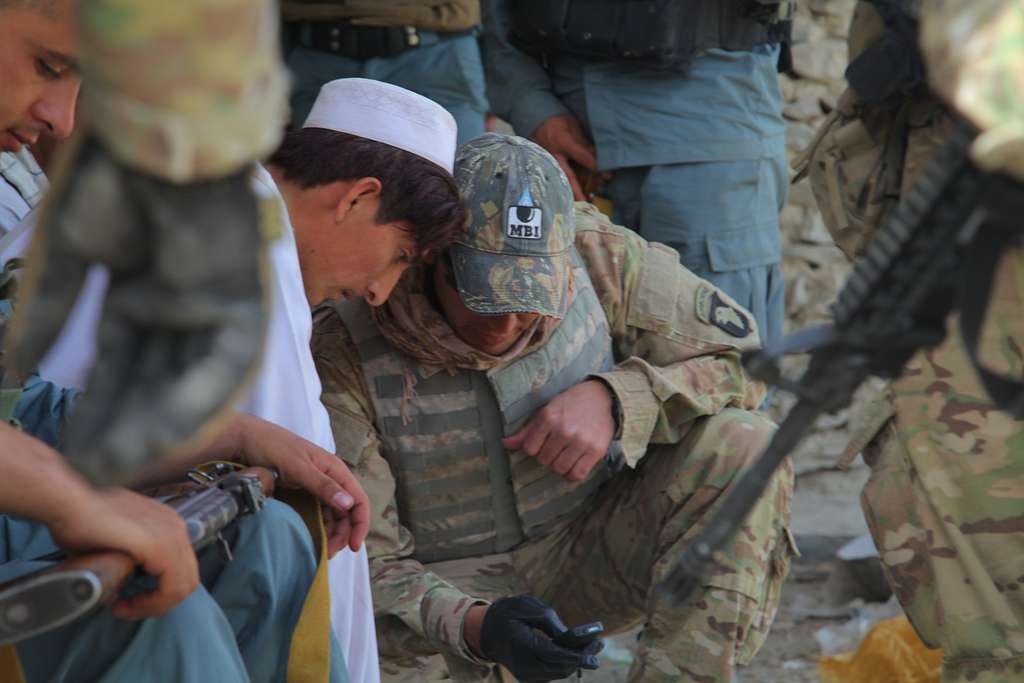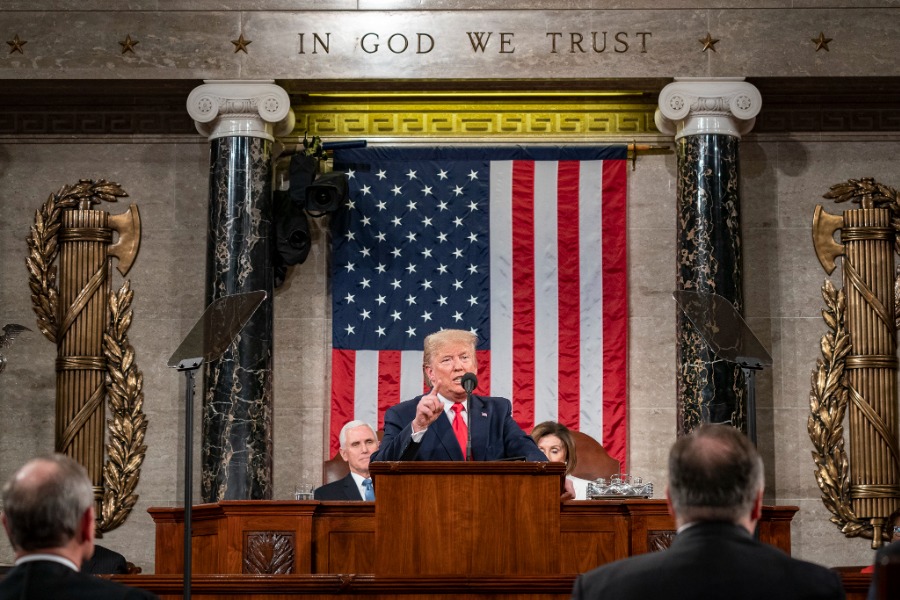Fence-Sitting and War Powers Reforms
Mention of politics, war powers, and legislative authorization to use further force in Iraq, reminds me: whatever happened with the War Powers Consultation Act of 2014 (“WPCA”), put forth by Senators Kaine, McCain, and King?
Not much, it seems.
Published by The Lawfare Institute
in Cooperation With

Mention of politics, war powers, and legislative authorization to use further force in Iraq, reminds me: whatever happened with the War Powers Consultation Act of 2014 (“WPCA”), put forth by Senators Kaine, McCain, and King?
Not much, it seems. After introduction in January, the bill was referred to the Senate Foreign Relations Committee, where it has seen no further action. Senator Kaine also touted the WPCA in a July op-ed. Beyond this, I haven't too heard much about the latest bid to re-tool the War Powers Resolution (“WPR”). We can guess about the reasons. I suspect the relative quiet has something do with current arrangements, and their toleration of the wait-and-see congressional politics that sometimes can accompany military action abroad.
The WPR imposes well-known reporting and other requirements on the executive branch. Most famously, if our armed forces find themselves in or immediately close to confronting “hostilities,” within the meaning of the WPR, then the President generally must win specific congressional backing, or "terminate any use of United States Armed Forces" before the passage of sixty days---or ninety, in extraordinary circumstances. A consequence of this structure is that Congress can do nothing if it so wishes. Among other things, the WPR establishes discretionary procedures for expedited congressional consideration, should the House or Senate wish to vote on a resolution regarding the use of the armed forces. But legislators don't have to invoke those. They instead can opt not to vote one way or the other, say, on an air campaign to stop atrocities abroad—and thereby preserve freedom of political maneuver, should the whole thing go belly-up.
Which brings us to the bill authored by Kaine and company. As I understand it, the legislation would adjust the WPR, by replacing some discretionary features with some mandatory ones. No less than a month after commencement of a “significant armed conflict,” a congressional resolution of approval would have to be introduced and referred to committees of jurisdiction in both chambers; and if not immediately acted upon, deemed discharged to the floor seven days thereafter. The WPCA then essentially waives all objections and procedural hurdles to a floor vote. A resolution of disapproval may thereafter be taken up, too.
In this way, the WPCA would make it that much tougher (though, I gather, not impossible) for Senators and Representatives to avoid taking a position---and to later claim credit for a popular campaign they initially opposed, or to avoid blame for a quagmire they initially supported. To be sure, members ultimately might not take such a potentially difficult vote despite the WPCA, perhaps by subsequently altering procedural rules or through other means---and the bill text seems to acknowledge this. Still, were the WPCA to be enacted, ducking an up or down vote would likely impose political costs greater than those imposed by the status quo---and in that respect hopefully raise the odds of compliance initially.
Naturally a lot depends on the breadth of the “significant armed conflict” phrase, relative to the meaning of “hostilities” under existing law. The WPCA defines “significant armed conflict” as “any conflict expressly authorized by Congress, or any combat operation involving members of the Armed Forces lasting more than a week or expected by the President to last more than a week.” At the same time, seven categories of military and intelligence activities are explicitly deemed not to be "significant armed conflicts." Together, this makes for a seemingly permissive structure---one which apparently motivated the Constitution Project to oppose the WPCA.
The bill’s "significant armed conflict" language---both the definition and related exemptions---needs scrutiny, and probably some tightening. But on its own, the WPCA’s vote-causing mechanism is laudable. It at least tries to cut down on opportunistic politicking, and to insist on accountability. And that’s a good thing, assuming you want elected representatives to have no choice but to take a firm position, whenever the President sends the military off to big time combat. Of course, some in Congress might be allergic to that very idea. (I am not at all certain there's enthusiasm for it in the executive branch, either.) That might help explain why the WPCA isn’t blasting through Congress at supersonic speeds, despite Senator Kaine's advocacy, and despite the strong prudential case for seeking congressional authorization to continue strikes against the Islamic State.
Wells C. Bennett was Managing Editor of Lawfare and a Fellow in National Security Law at the Brookings Institution. Before coming to Brookings, he was an Associate at Arnold & Porter LLP.





